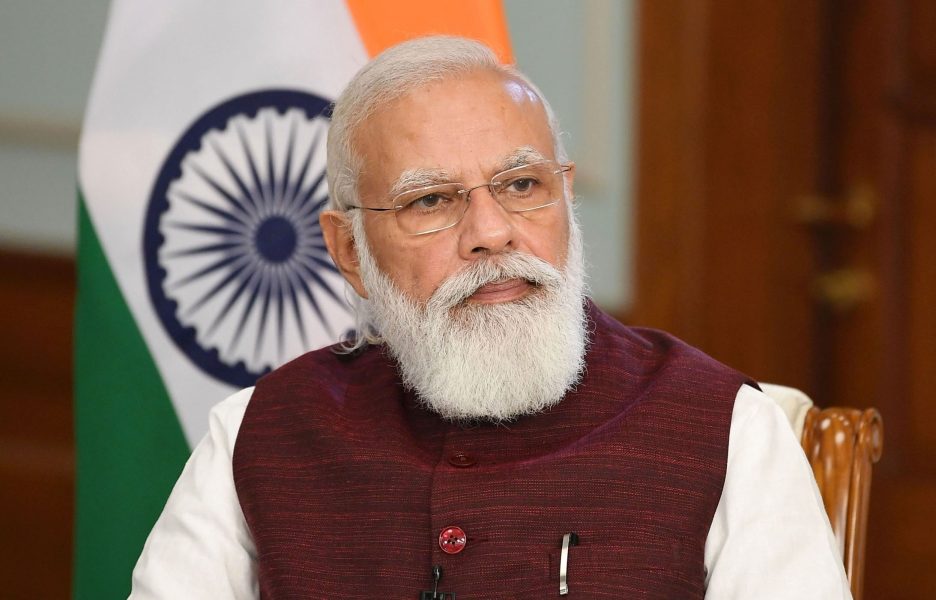
Modi on Time 100 list for ‘eroding rights of Muslims, imprisoning journalists’
This is not the first time that Modi has made it to the list, which seeks to identify personalities that have had the deepest influence in different spheres

Narendra Modi has pushed India away from secularism and towards Hindu nationalism, respected journalist and foreign affairs commentator Fareed Zakaria has said in his profile on the prime minister for Time magazine’s 100 Most Influential People list for 2021.
“In addition to eroding the rights of India’s Muslim minority, Modi’s government has imprisoned and intimidated journalists who shine a light on its abuses and has passed laws crippling India’s thousands of NGOs and advocacy groups,” the Indian-American journalist writes.
Modi is India’s third most pivotal leader after Jawaharlal Nehru and Indira Gandhi, Zakaria writes.
“Jawaharlal Nehru, its founding prime minister, set the template for the country as secular and democratic. Indira Gandhi presided over its most tumultuous times, spanning war, civil strife and emergency rule. Narendra Modi is the third, dominating the country’s politics like no one since them,” he says.
“When he was elected, many believed that Modi would finally move India off its socialist past and into a capitalist future. He’s done some of that but more determinedly, he has pushed the country away from secularism and toward Hindu nationalism.”
Zakaria notes that despite mishandling COVID-19, Modi’s “approval rating has slipped to a still sky-high 71%”.
This is not the first time that Modi has made it to the list, which seeks to identify personalities that have had the deepest influence in different spheres.
In 2020, the magazine had said: “First elected on a populist promise of empowerment, his [Modi’s] Hindu-nationalist Bharatiya Janata Party rejected not only elitism but also pluralism, specifically targeting India’s Muslims. The crucible of the pandemic became a pretense for stifling dissent. And the world’s most vibrant democracy fell deeper into shadow.”
Mamata Banerjee and Adar Poonawalla also on 2021 list
The only other Indian politician on the list is West Bengal Chief Minister Mamata Banerjee, who won a decisive victory against the BJP in the assembly election this year.
The accompanying profile, penned by journalist Barkha Dutt, says Mamata “has become the face of fierceness in Indian politics”.
She “stood like a fortress against the expansionist ambition of Narendra Modi, a seemingly invincible prime minister, when she retained her role of chief minister of West Bengal in the state’s assembly elections, despite the money and men of the ruling Bharatiya Janata Party”, Dutt says.
Poonawala’s profile, written by Time journalist Abhishyant Kidangoor, says that from the beginning of the pandemic, he sought to meet the moment. “His company, the Serum Institute of India, was already the world’s largest vaccine maker when he promised 1.1 billion doses of COVID-19 vaccines for the developing world by the end of 2021. That assurance was the backbone of the plan for global vaccine access mounted by a coalition of institutions, including the World Health Organization”.
“But over the course of this year, a series of issues — a fire at his plant in Pune, India; trouble securing necessary raw materials; and a vaccine export ban amid India’s second wave of COVID-19 — slowed his ambition, and left many countries scrambling to find other sources of the vaccines,” the profile says.
“Whether Poonawalla can right the ship this time will determine which side of history he falls on—and, more importantly, how quickly the world emerges from the pandemic.”

